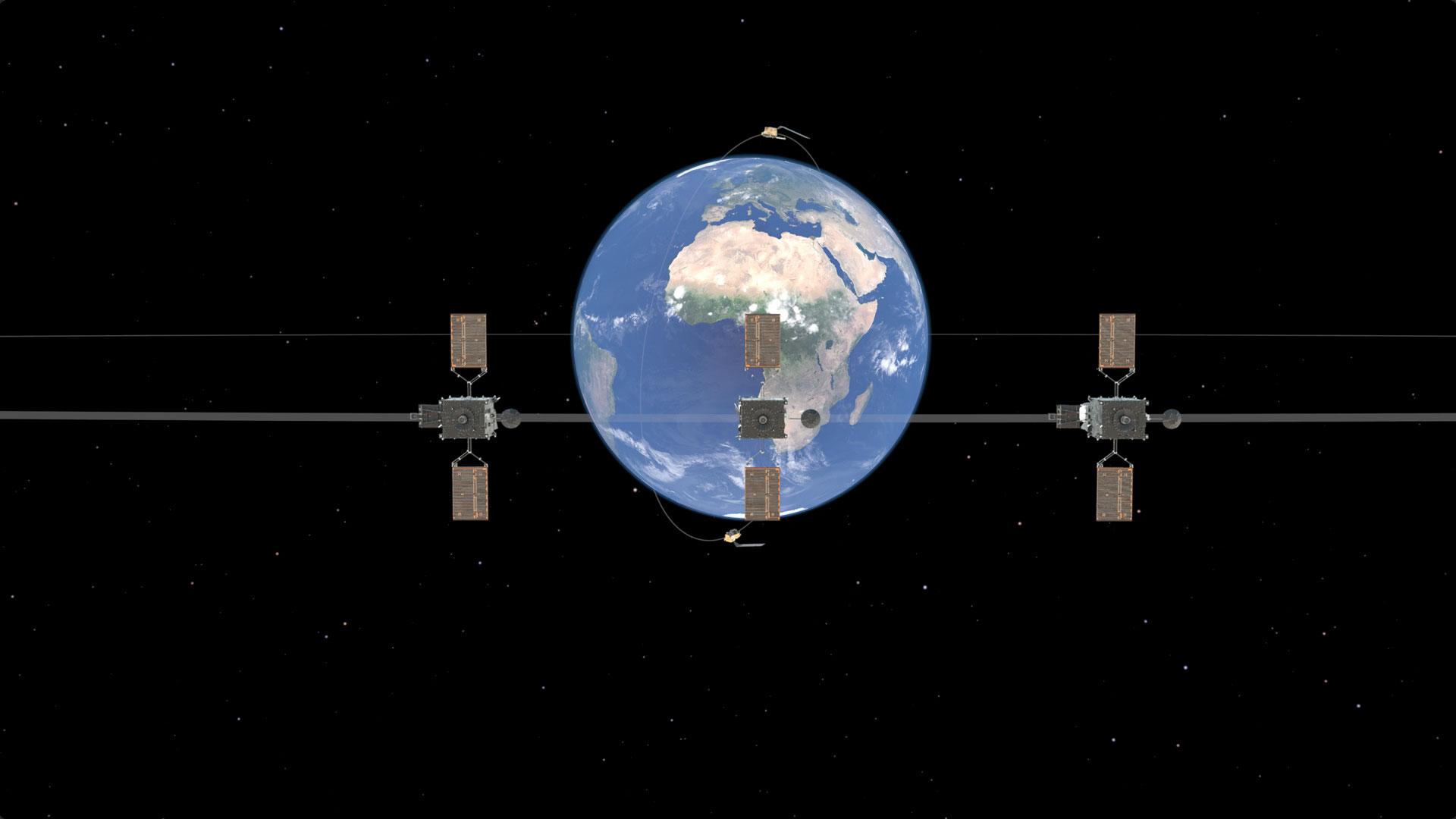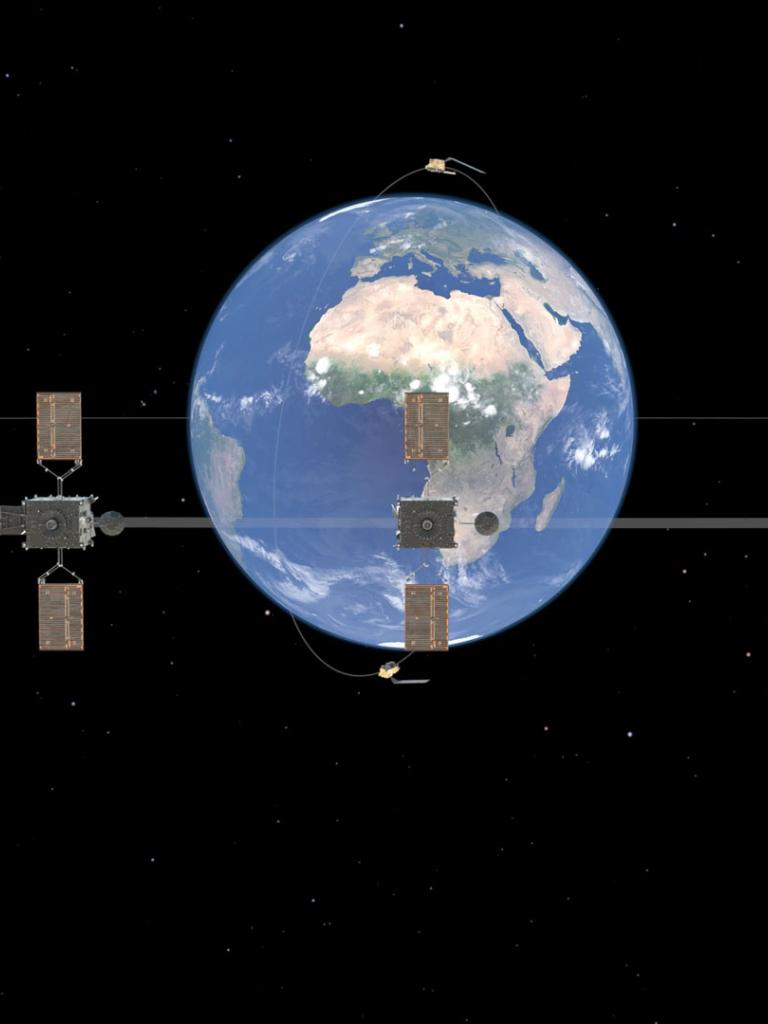Later this month, the first of EUMETSAT’s next-generation geostationary meteorological satellite fleet will be launched. The Meteosat Third Generation-Imager 1 will provide a vastly increased amount of higher resolution data.
The first of the next-generation polar-orbiting satellites is expected to be launched in 2025.
Meeting today in Darmstadt, Germany, the EUMETSAT Council approved a new training programme for the organisation.
“Through EUMETSAT’s training framework, we will dedicate significant effort to supporting the transition to using the new and improved data from the next-generation satellite systems, particularly in our member states,” EUMETSAT Director-General Phil Evans said.
“Our training activities also will support meteorological services in non-member states in Europe, the Middle East and Africa.
“The next-generation systems, Meteosat Third Generation and EUMETSAT Polar System – Second Generation, represent a revolution in satellite meteorology and our aim is to ensure the best possible use is made of their data.
“The framework focuses on the application areas that bring benefit to communities. It builds on our current training programmes which, over the past year alone, have reached more than 2,500 people who are using EUMETSAT data in services and science that benefits their communities.”
The council also approved changes to EUMETSAT’s data policy, to reflect the vastly increased amount of data that will be available from its new satellite systems.
“We are committed to making our data available as widely as possible,” Evans said.
“The recently approved World Meteorological Organisation Unified Data Policy resolution will remain the reference for our data policy, which will continue to offer full and non-discriminatory access to as much as possible of our data under documented licensing conditions, while protecting the value of EUMETSAT membership.
“Our data policy is designed to empower data users worldwide and to support initiatives to assist communities in relation to weather-related disasters, such as the United Nations’ Early Warnings for All. Our policy ensures the data we disseminate can help to protect communities and boost economies.”
The council also approved draft agreements with the African Union Commission (AUC) which will support African meteorological and climate services to make the best use of data from EUMETSAT’s next-generation satellite systems and the European Union’s (EU) Copernicus programme.
EUMETSAT is a key partner of the EU and the AUC in projects designed to strengthen Africa’s meteorological and climate services and has provided African nations with data and capacity building support for two decades.
About EUMETSAT





